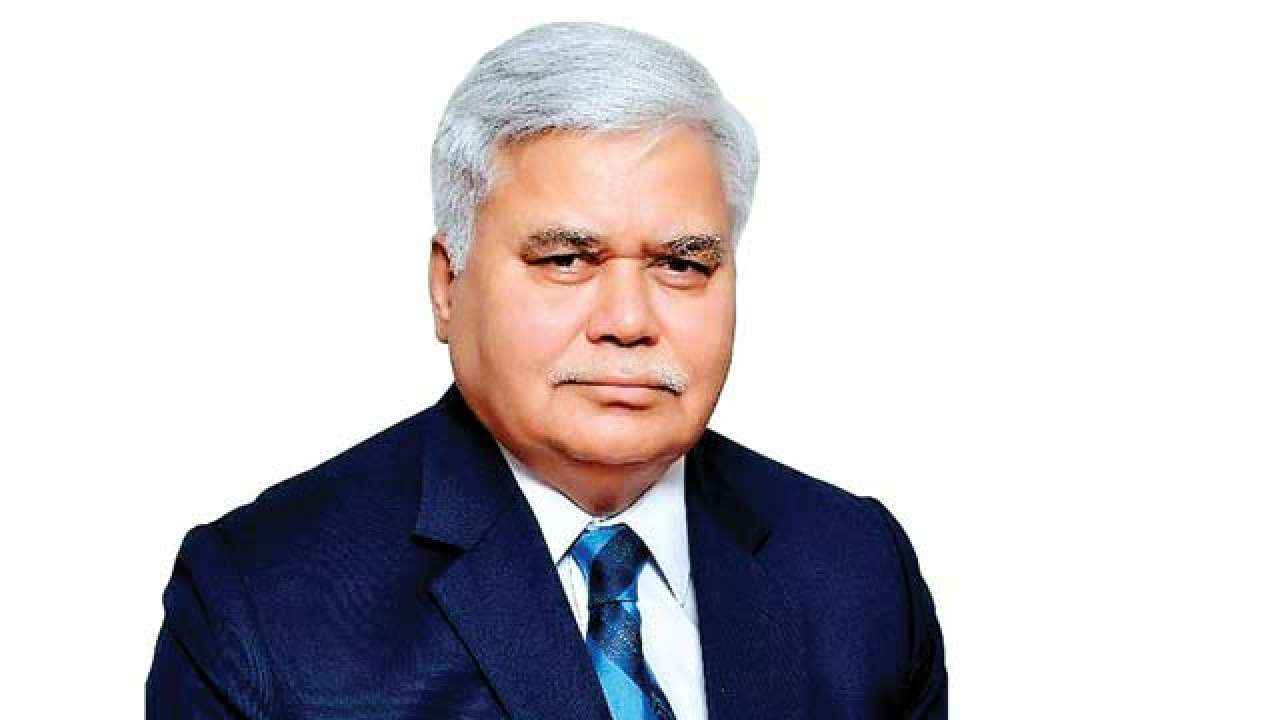
The new tariff regime for the broadcasting sector, which is all set to come into force from February 1 this year, will open up a new stream of revenues for the industry as content will become the focal point, according to Telecom Regulatory Authority of India (Trai). Besides, the new framework will reduce litigations in the sector by ushering in transparency and will make consumers the king, says Trai chairman R S Sharma in an interview with Mansi Taneja.
The new framework has been arrived after consulting all stakeholders. It takes into account the interest of all. There's no legal impediment to the implementation of the new tariff order, notwithstanding the case pending in the high court. We have been regularly meeting the stakeholders and everybody is on the same page. Some of the organisations — News Broadcasters Association (NBA), Indian broadcasting Foundation (IBF) and All India Digital Cable Federation (AIDCF) — have given to us in writing that we should not extend the implementation deadline. There is no reason to extend the deadline, neither there is any request from anybody.
We are monitoring the customer choice collection progress on a day-to-day basis. The trends are indicative of the fact that we will have all customers on board January 31. For some players, the numbers are over 50%, while the average would be around 40 %.
This is for the first time, we have removed the cap from the pricing of the channel. One can price your channel in whatever way they want. Just that, now a-la-carte channels will be available for consumers. This regulation will ensure that customer pays only for what he watches and the customer knows the price of the product which he is purchasing. This is the only transaction, where the customer or the purchaser is not given the products they want to purchase. The customer is simply given a bouquet of products and they don't even know the price of these products. Is there any industry or any commercial transaction where this happens? It will also bring in non-discrimination and transparency in the industry and ensure that customer is the king.
No, it's a myth. It will open up a new stream of revenues for the industry. There will be demand for quality content and new channels will come up. The channels which nobody will watch will go off air and will create capacity for the new ones to come. Also, this is the first time we have segregated the pipe from the content and both should be paid for separately. There is now an assured income of Rs 130 (for free to air channels) plus taxes for operators. Plus, market forces will be at work. Also, since there is no now cap on content pricing, there will be content development. Today, about 90% of cases in TDSAT are from the broadcasting sector, though the revenue from this sector is quite small compared to the telecom sector. This framework will reduce litigations which happen because there is ambiguity in relationships. Now, there will be investments in content and network rather than litigations.
Broadly, this will harmonise the growth of the industry, bring in a level playing field, transparency, non discrimination and most importantly, give the customer choice to watch the content which they like.